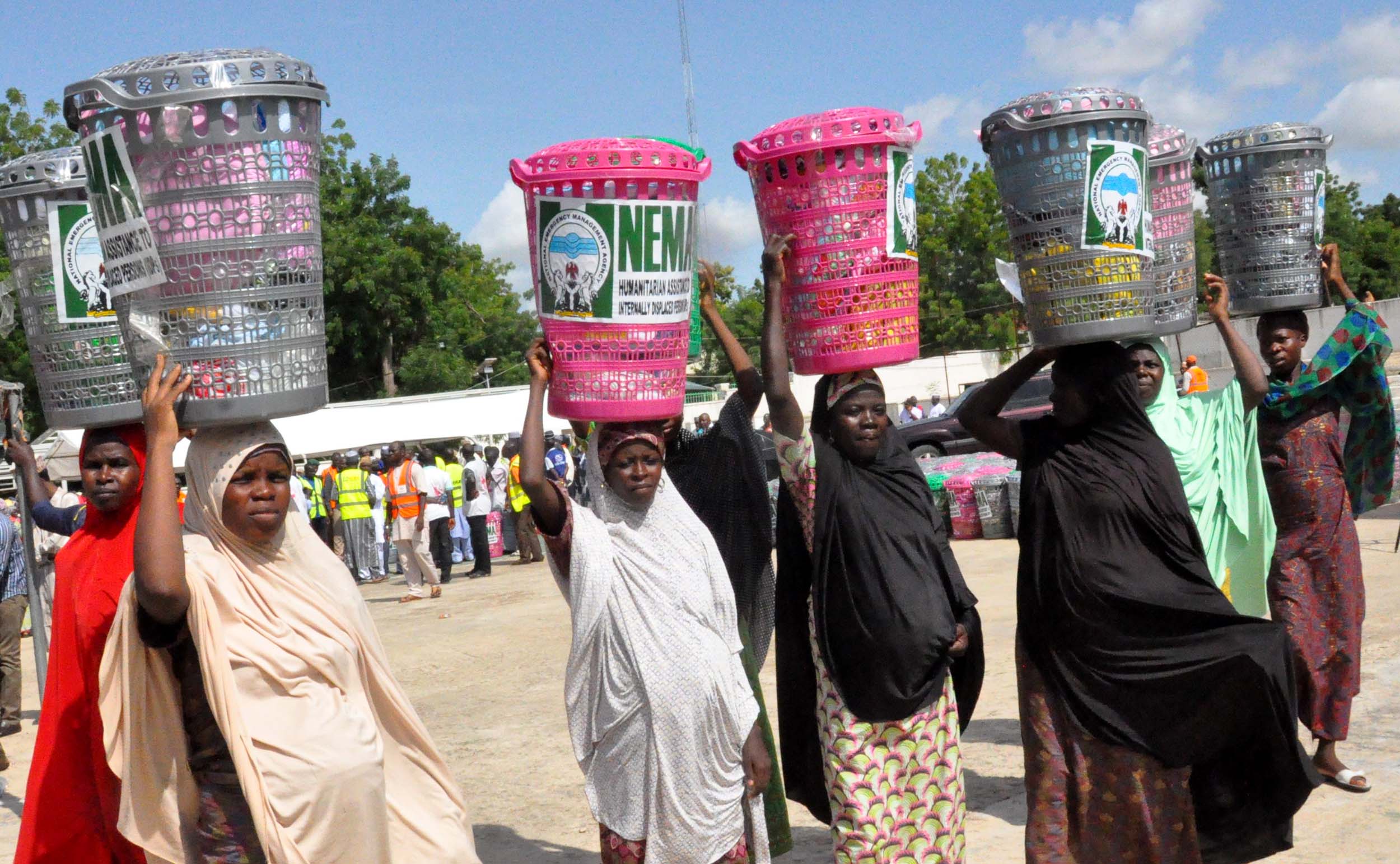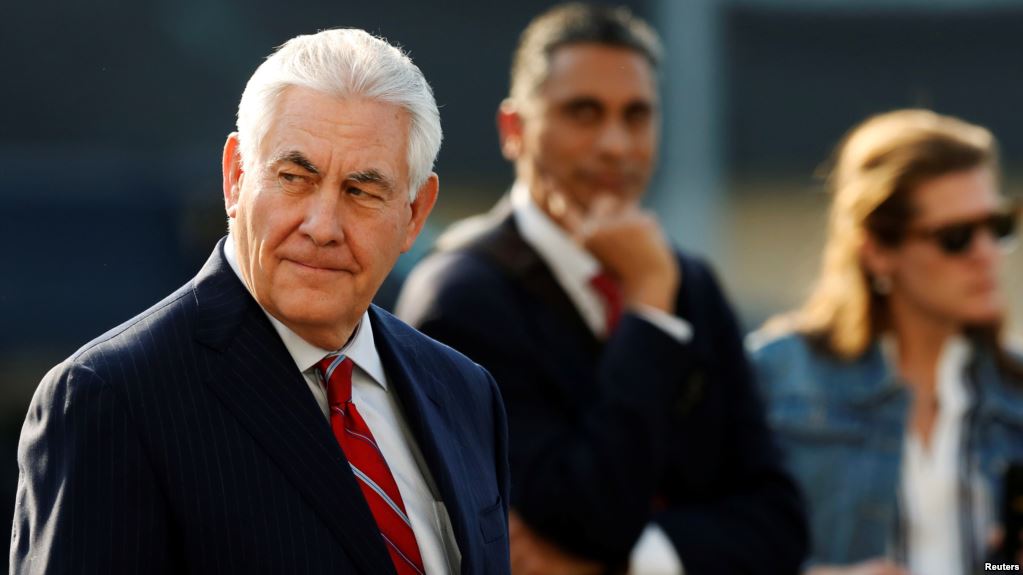
Somalia’s newly elected president on Thursday appointed the country director of British firm Soma Oil and Gas as the new prime minister, raising questions about possible conflicts of interest in the Horn of Africa country.
President Mohamed Abdullahi Mohamed, known as “Farmajo”, named Hassan Ali Khaire as prime minister, state radio website Radio Muqdisho.net said.
“The president has requested Somali citizens to work with the prime minister,” the statement on Radio Muqdisho.net said.
Mohamed took office peacefully this month after legislators selected him from 21 possible candidates. A dual U.S.-Somali citizen with a reputation as a technocrat, he has promised to tackle hunger, corruption and violence in Somalia, which has been mired in civil war for a quarter of a century.
Khaire, his new prime minister, is a dual Norwegian citizen who once worked as a primary school teacher in Norway and also for the Norwegian Refugee Council before joining Soma Oil and Gas.
In 2015, U.N. sanctions experts accused the company of paying Somalia’s oil ministry nearly $600,000 to protect an 2013 energy exploration contract.
The accusation triggered an investigation by Britain’s Serious Fraud Office, but last December authorities concluded there was insufficient evidence to prosecute.
Khaire’s current status with Soma Oil was unclear on Thursday and the company did not return calls seeking comment.
The president’s office told Reuters Khaire had “automatically” resigned from Soma after he was appointed prime minister, although his nomination must still be confirmed by legislators.
“New PM means there will be absolutely no accountability for 4yrs of corruption. And status quo will continue. Disappointed,” tweeted prominent anti-corruption campaigner Mohamed Mubarak.
The new government’s first priority will be tackling Islamist insurgent group al Shabaab, which wants to impose strict sharia law and has carried out increasingly deadly bomb attacks in the capital and southern parts of Somalia.
Around 22,000 regional peacekeeping troops under African Union command have clawed back territory from the insurgents in recent years, but Somalia’s own armed forces are crippled by corruption. Soldiers say they have not been paid in months.
Aid workers say a prolonged drought means 6.2 million Somalis will need aid this year, more than half the country’s population.
By Feisal Omar (Reuters)


